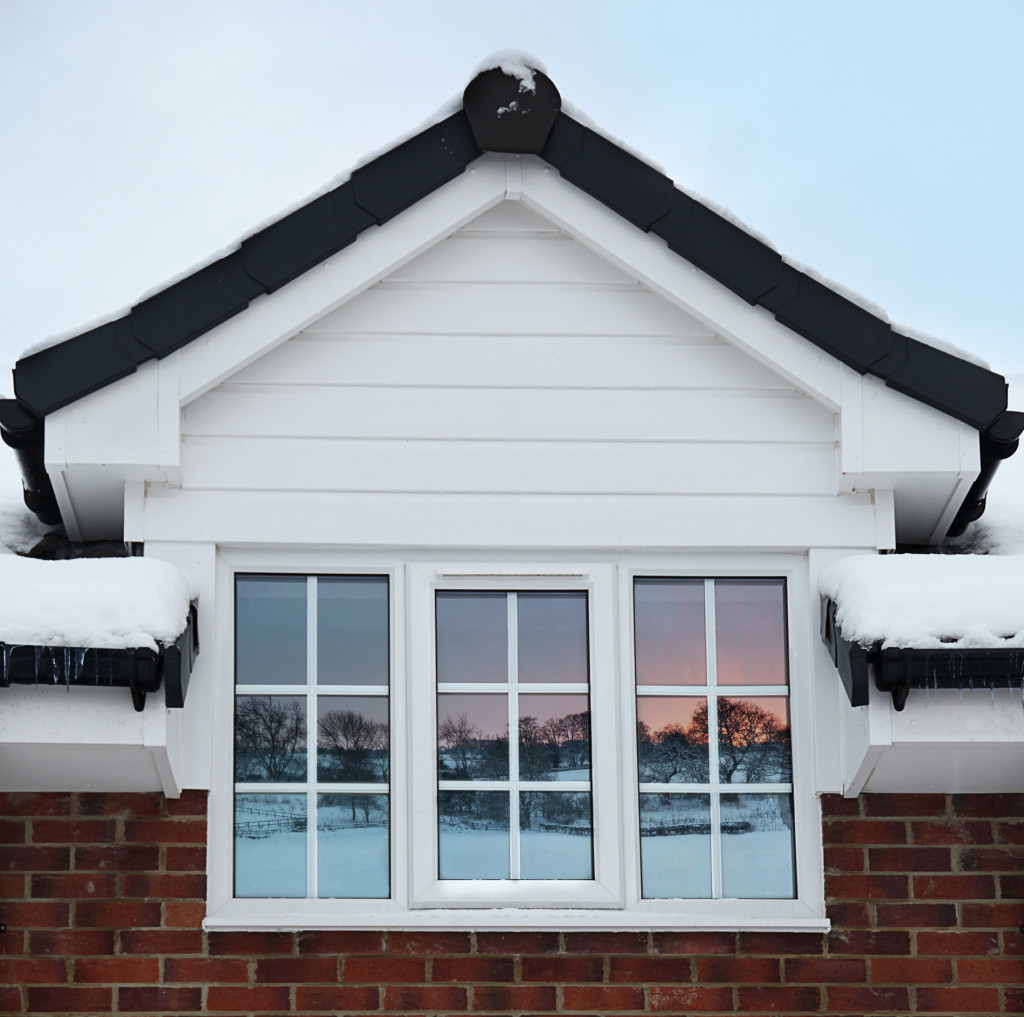Even as winter evokes images of snow angels and snowmen, it also brings cold-related illnesses that affect anyone in your household. These illnesses include frostbite, hypothermia, and trench foot, among others. Therefore, you should prepare your home to keep it safe for the cold season.
Aside from safeguarding your family’s health, preparing the home for winter also allows you to protect your property from winter storms. Here are the things you need to do to prepare your home for winter.
Inspect and Clean the Gutters
A clogged gutter causes the accumulation of water that freezes when the temperature goes down. And when water freezes, the weight of the ice will damage the gutter, roof, and siding. Clogged gutters also cause ice dams to form and result in moisture entering the home.
So, you have to make sure to clean the gutters around the house. Remove leaves and debris that you find in them to allow water to flow freely. With this, the drainage system will work properly and protect your home from getting damaged.
Fix the Roof
Aside from the gutter, you should also check the roof of your home. You should replace damaged or missing shingles to prevent water from entering the house. Hiring a roofing professional is a good idea since they have the skills and equipment to check and repair the roof of your home. But you should make sure to have the roof checked before winter comes or before it snows.
Install Storm Windows
Installing storm windows creates another layer of insulation for your home, which reduces air movement through your existing windows. Installing them enhances comfort and helps you save on heating and cooling costs.
To optimize savings, you should install Low-E storm windows since they reduce heat transmission. They reflect heat into the home, which keeps your home warm when the cold season comes. Similarly, it helps keep the home cool during summer.
Low-E storm windows are also pleasing to the eye, and you do not need to remove them after winter is over. This makes them better than older models of storm windows that require you to remove them after winter ends. Low-E storm windows also reduce draft and air leakage from home.

Check the Trees
Aside from the structure, you should also check your property and make sure there’s nothing that poses a danger to your home. One thing that you should check is the trees on your property. You should look for dead branches that will break when they are covered with snow.
Hiring a reputable tree pruning company allows you to ensure no loose tree limbs break off and hit the windows or roof of the house. These companies have the tools and equipment to trim the trees and protect them from pests that will endanger their stability.
Inspect Outdoor Water Sources
Draining sprinklers and hoses protects them from damage when winter comes. If you leave water in them, the water will freeze and expand before causing them to burst. After draining the water, you should store the sprinkler and hose inside the garage or shed.
You should also shut off the main water valve connected to hose bibs before letting the water drain out. If you do not open the outdoor spigot, water will remain inside the pipe, which will cause the pipe to burst when the water freezes.
Protect Indoor Pipes
Insulating unheated indoor pipes is also important to prevent water from freezing. You should focus on protecting unheated pipes in the basement, garage, and attic. Make sure to purchase insulation that is designed to protect pipes during winter.
If the house has no insulation in the attic, you should insulate the floors and walls of the attic to prevent heat from escaping during winter. Insulating pipes also facilitates the efficient flow of water in them. If you have an older home, you should also consider adding insulation into the exterior walls, basement, and crawl spaces.
Seal All Holes and Cracks
Sealing all holes and cracks in the house is also a good idea to prevent indoor heat from escaping. You should check the holes where phone lines and cable wires enter the home. Caulking or using foam insulation helps deal with cracks on the walls, windows, and doors.
If you live in a state where winter is harsh, you should check for gaps and cracks every year. This ensures your home remains comfortable every time winter comes. Scheduling a home energy audit also helps detect gaps and cracks in the house. You should arrange for a professional to conduct the audit before winter comes.
Protecting the home from the harsh winter weather is essential to protect the health of the household and prevent damage caused by winter storms.

